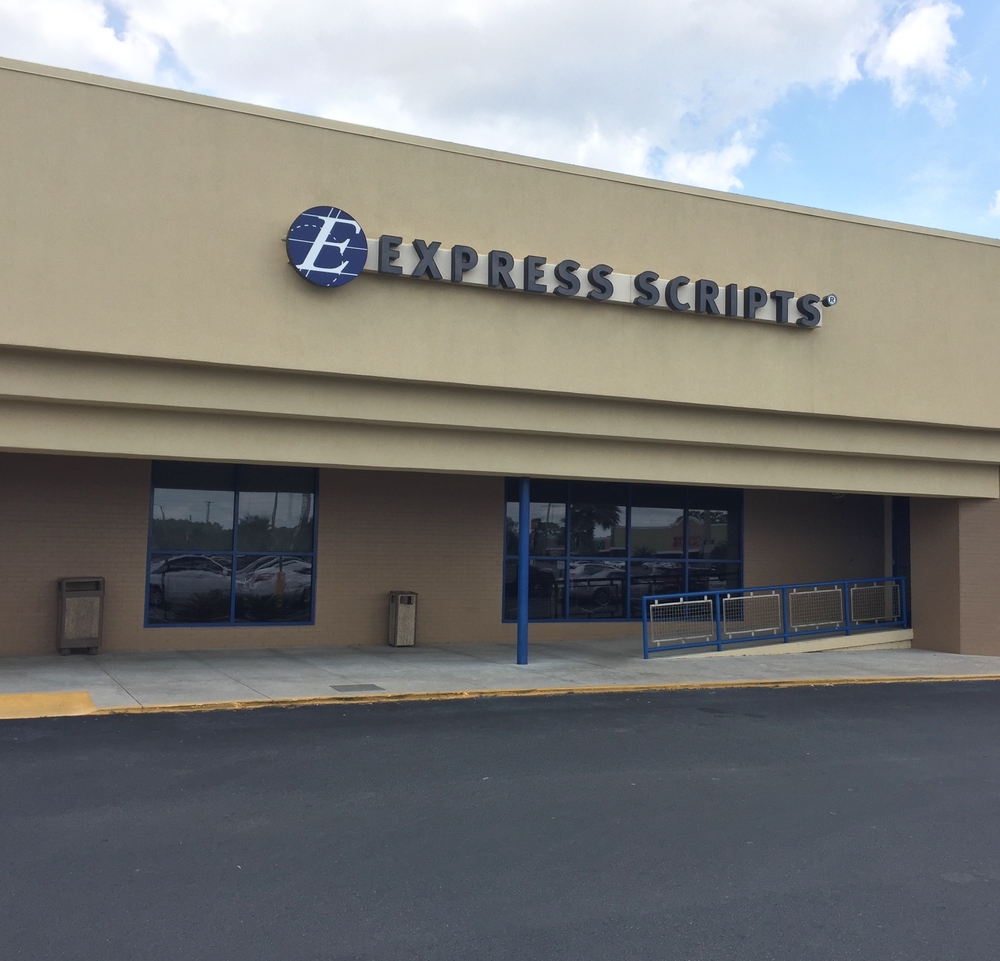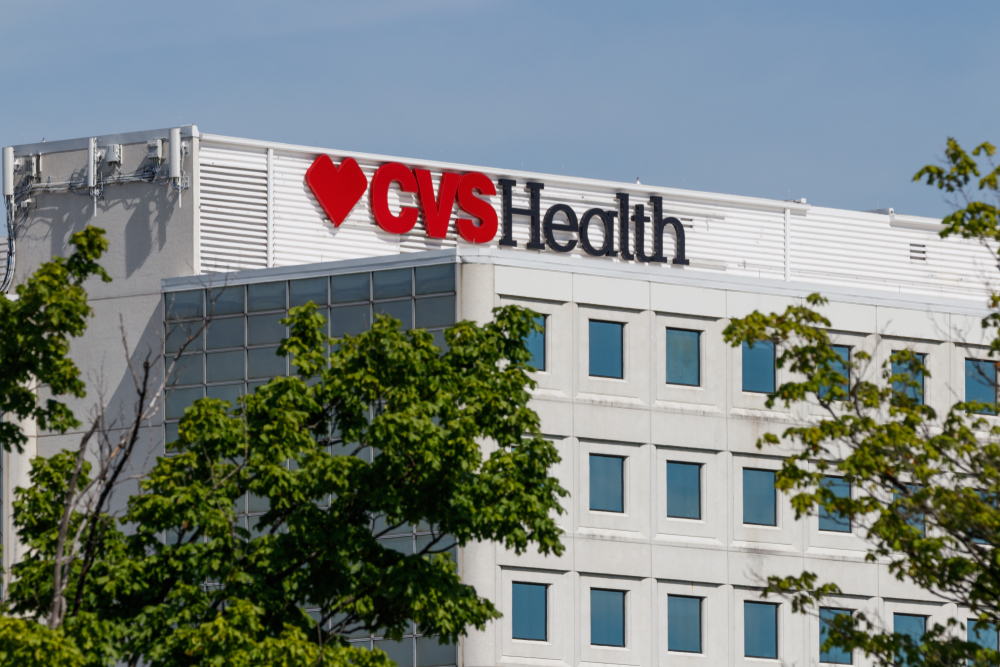You’re probably sick of reading about COVID-19, and all the ways it can stress you out. So instead let me bring to your attention a different healthcare issue for you to fret about.
An issue that epitomizes the way healthcare is being taken over by business entities, whose priority is to make money, more than to provide effective affordable healthcare to the people it is serving.

I’m talking about pharmacy benefit managers – PBM’s.
Growing Awareness
I have been aware of these third-party administrators of prescription drug programs for a while. I had heard rumors they are driving up drug prices. But my vague notions were solidified by reading The Price We Pay: What Broke American Healthcare – and How We Fix it by Marty Makary MD.
Makary is a surgeon at Johns Hopkins, and was the lead author of a report in JAMA in 2017 about hospitals suing patients for outstanding medical bills. You may have read about it, he came to Fredericksburg and advised patients being taken to court by Mary Washington Healthcare at that time.

Pharmacy Benefits Managers started off innocently enough, administering the complex formularies of insurance companies and self-insured employers. Negotiating with the drug companies. Deciding what tier a medicine should be. And how much someone insured through that company would pay. They have great potential to keep drug prices down by negotiating bulk-buy discounts, or rebates from the drug manufacturers.
Medications are a large and profitable part of healthcare, and now PBM’s seem to have taken on a life of their own – but by using devious practices to make massive profits.
Makary says “it is now overwhelmingly apparent that PBMs are operating the biggest shell game in modern history, and we are all paying for it.”
How it Works
PBM’s buy medicines at a discounted price, then “sell” them (actually they arrange the price they will be sold at) at a markup, which they get paid by the insurance company or employer whose formulary they are managing – what is called “the spread” rather than profit, in this industry.

They also get drug manufacturers to pay them a rebate to get their drug on any formulary they manage – which of course increases the sale of the medicine. But then apparently, the drug manufacturer increases the price of the drug to offset that rebate.
What makes it all so devious is that the size of the spread, and a lot of other stuff about their doings, is a closely guarded secret. No one knows how much they’re marking up your medicine.
Also until recently, they had gag clauses in their contracts with pharmacists. This meant the pharmacist wasn’t allowed to spontaneously tell someone if it would be cheaper to buy the medicine not through their insurance plan – though there are now laws making gag-clauses illegal.
Nonetheless, PBM’s are gaining market share. Over 80 per cent of pharmaceuticals in the United States are purchased through PBM networks. And, presumably from seeing what a good business this can be, insurance companies are buying up the PBM’s.
The “big three” are OptumRx – which is now owned by United Health Group. CVS Caremark which is merging with Aetna. And Express Scripts, the largest, with a revenue of $155 billion for 2020, was just bought by Cigna, in December 2018 for $67 billion. They capture 78 percent of the market.

These mergers have the added disadvantage that when the insurance company, PBM and pharmacy are all one entity, it creates a conflict of interest because they make more money if consumers buy more expensive drugs.
Consumer Reports did a “secret shopper” investigation to check drug prices calling pharmacies, asking their combined retail cash price for five common drugs. The batch of five drugs was just $66 online atHealthWarehouse.com, but the national retailers CVS and Rite Aid priced them at almost $900.
Another example is the antidepressant Cymbalta. It cost $22 at an independent pharmacy and $251 at Walgreens. I’ve experienced the same. Walmart wanted $60 for 30 pills of pantoprazole which I got for $8.95 from Blink Health.
Incidentally, Consumer Reports recommends Blink Health, but also GoodRx, and WeRx.org.
It’s Another Issue for Our Legislators
Drug prices are out of control, and PBM’s seem to have a lot to do with it. The watchdog organization pbmwatch.com says “pharmacy benefit managers are one of the most problematic, least regulated and least understood aspects of the healthcare delivery system.”
Maybe we can go beyond mere PBM’s also? Maybe we can spur our legislators to reform all this hedge fund/ Wall Street investor/corporations/large hospital group take overs of hospitals, medical practices, urgent cares, and many ancillary services. Stop them turning them into widget factories that are focused on profit rather than high quality affordable healthcare.

